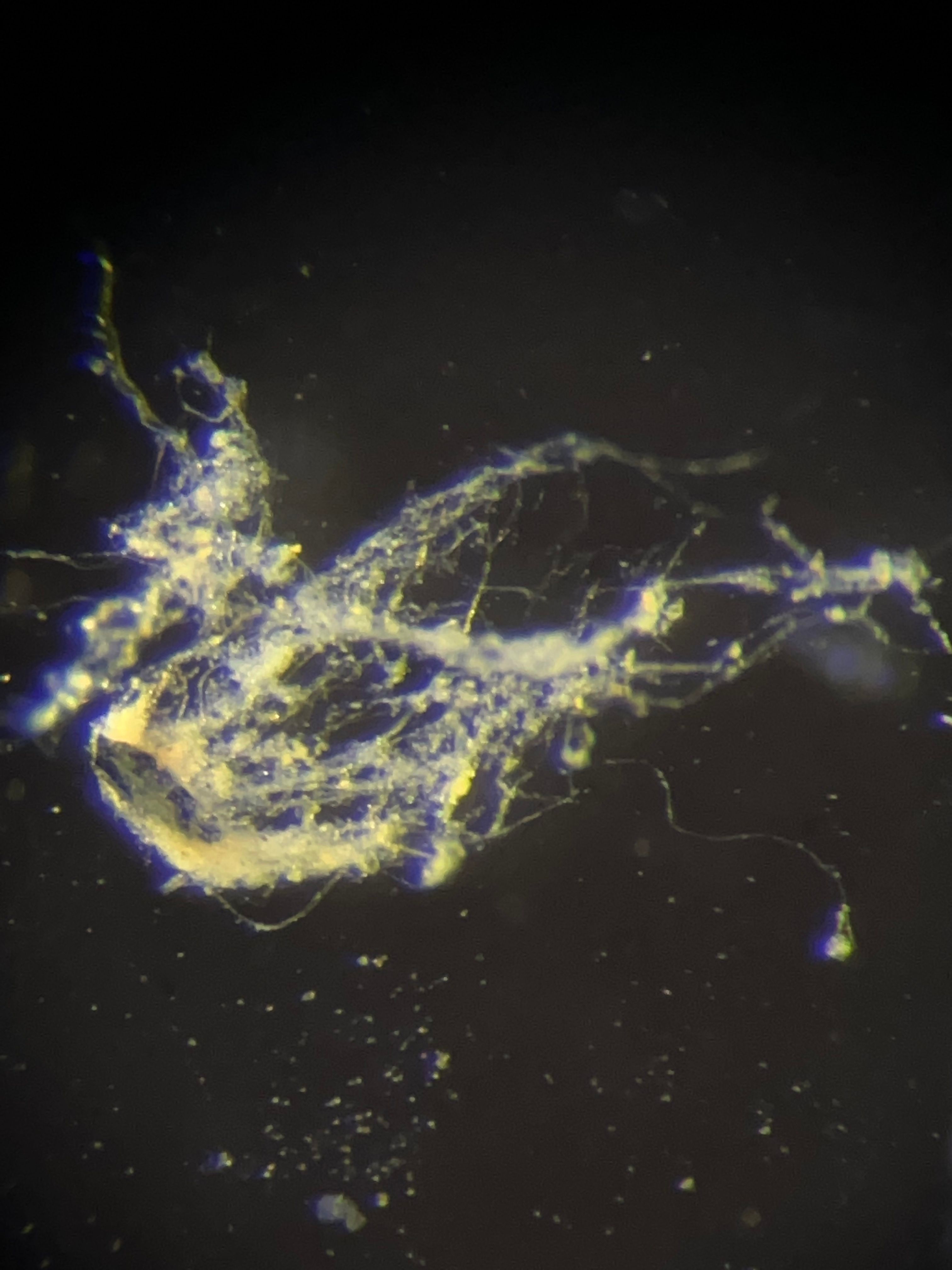Scientists Have Just Discovered a New Type of Electricity-Conducting Bacteria
…

Scientists Have Just Discovered a New Type of Electricity-Conducting Bacteria
In a groundbreaking discovery, scientists have identified a new type of bacteria that is capable of conducting electricity. This finding has the potential to revolutionize the field of bioelectricity and open up new possibilities for renewable energy sources.
The newly discovered bacteria, named ElectroBac, was found in a deep-sea hydrothermal vent off the coast of Japan. Researchers believe that this bacteria has evolved unique properties that allow it to transfer electrons over long distances, making it an efficient conductor of electricity.
This discovery has implications for a wide range of applications, from biotechnology to environmental remediation. Scientists are excited about the prospect of harnessing the electricity-conducting abilities of ElectroBac to develop new bioelectronic devices and sensors.
Furthermore, the discovery of ElectroBac sheds light on the diverse and often surprising capabilities of microbial life. It underscores the importance of studying and understanding the microbial world for the advancement of science and technology.
Researchers are now working to further investigate the mechanisms behind ElectroBac’s electricity-conducting abilities and explore potential uses for this newfound bacteria. The future looks bright for this innovative discovery in the world of microbiology.
As we continue to unlock the mysteries of the microbial world, it is clear that there is still much to discover and learn. The discovery of ElectroBac is just the beginning of what promises to be an exciting journey of exploration and innovation in the field of bioelectricity.
Stay tuned for more developments on this fascinating new discovery and the potential it holds for shaping the future of renewable energy and biotechnology.




